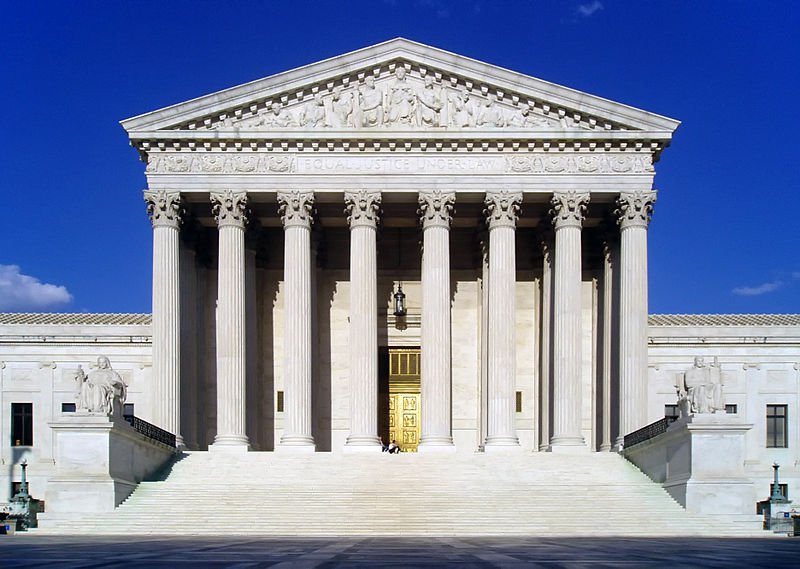Spain has been on everyone’s lips, and unfortunately, it is not only for winning the Women’s Soccer World Cup. Another event during the medal ceremony has taken headlines: the president of the Royal Spanish Football Federation, Luis Rubiales, kissed player Jenni Hermoso on the mouth.
While one kiss on each cheek is common practice in Spain, a kiss on the mouth certainly isn´t. The commotion caused by the kiss opened a worldwide debate.
In response to the situation, Rubiales defended himself by arguing that the event occurred in a moment of “maximum effusiveness without any bad intentions” and that certain people are trying to “publicly assassinate me.”
Luis Rubiales’ speech was widely criticized by many who believed he showed no remorse and minimized the situation by stating, “a consensual peck is enough to get me kicked out?”
The player, on the other hand, responded to Rubiales’ defense by stating that she felt “vulnerable, a victim of an aggressive, impulsive, sexist, out of place act, without any consent from me.”
What Actions Qualify As Sexual Harassment?
First, it is important to clarify that the analysis below will consider definitions under U.S. law. Although U.S. law does not apply to this case, knowing how it works may help you to identify these types of situations when they occur in the U.S.
The second pertinent clarification is that this act could be classified as either sexual harassment or sexual assault, but there are differences between these definitions.
Sexual harassment in the workplace is defined by the Equal Employment Opportunity Commission (EEOC) as unwelcome sexual advances, requests for sexual favors, and other verbal or physical harassment of a sexual nature.
This type of behavior can occur between persons of the same sex; anyone can be harassed by anyone. Neither is sexual harrasment reserved for only supervisors or persons in authority. A coworker can sexually harass a colleague.
Harassment is illegal when such conduct implicitly or explicitly affects an individual’s work performance, or creates an intimidating, hostile, or offensive work environment.
There are two types of sexual harassment:
- Quid pro quo: Someone in an authority position requests sexual acts for favors such as promotions or continued employment.
- Hostile work environment: Refers to harassment with jokes, photos, threats and inappropriate behaviors that generate an offensive work environment.
In this case, Rubiales was in a position of authority, as he was the president of the federation and Hermoso a player. However, this is not a central fact to define the situation as sexual harassment, as the action could have come from a co-worker of equal hierarchy or even a third party, such as an agent. The key in this case is the unwanted nature of the kiss, according to the statement of the player herself, who said she felt assaulted.
Although in this case there was physical contact, we should not forget that harassment can also occur verbally. No employee should have to tolerate an aggression of this type and you have the right to file a sexual harassment complaint if you are a victim. The deadlines for filing a complaint are strict, so you should do so as soon as possible and seek the advice of an experienced lawyer to assert your rights.
Sexual harassment is a civil law matter. As the victim of sexual harassment, you have the right to sue in court for money damages, to get back your employment, and other compensation. Sexual assault, however, is a matter of criminal law.
What Is Sexual Assault?
States define sexual assault differently. In general, sexual assault refers to unwanted and offensive sexual contact. These offenses include physical contact such as kissing, groping, fondling, forced masturbation or rape. While sexual harassment can also refer to verbal offenses, a sexual assault is a specific, physical activity and doesn´t necessarily involve a professional place or context such as a school or workplace.
It´s important not to confuse the terms sexual assault and sexual abuse. The latter usually refers to sexual offenses against minors.
Did It Happen In This Case?
In the context of a work event, even if it´s celebratory, giving a spontaneous kiss to a subordinate or coworker without their consent can be considered sexual harassment or even sexual assault.
Many are calling for exemplary measures against Rubiales. If it wouldn´t be tolerated for a manager to kiss an employee while celebrating company sales, why should it be acceptable in a sports victory context? His defenders, on the other hand, consider the matter is getting exaggerated criticism, for it was an act of minimal severity that happened in an emotional moment.
Related Resources
Was this helpful?




